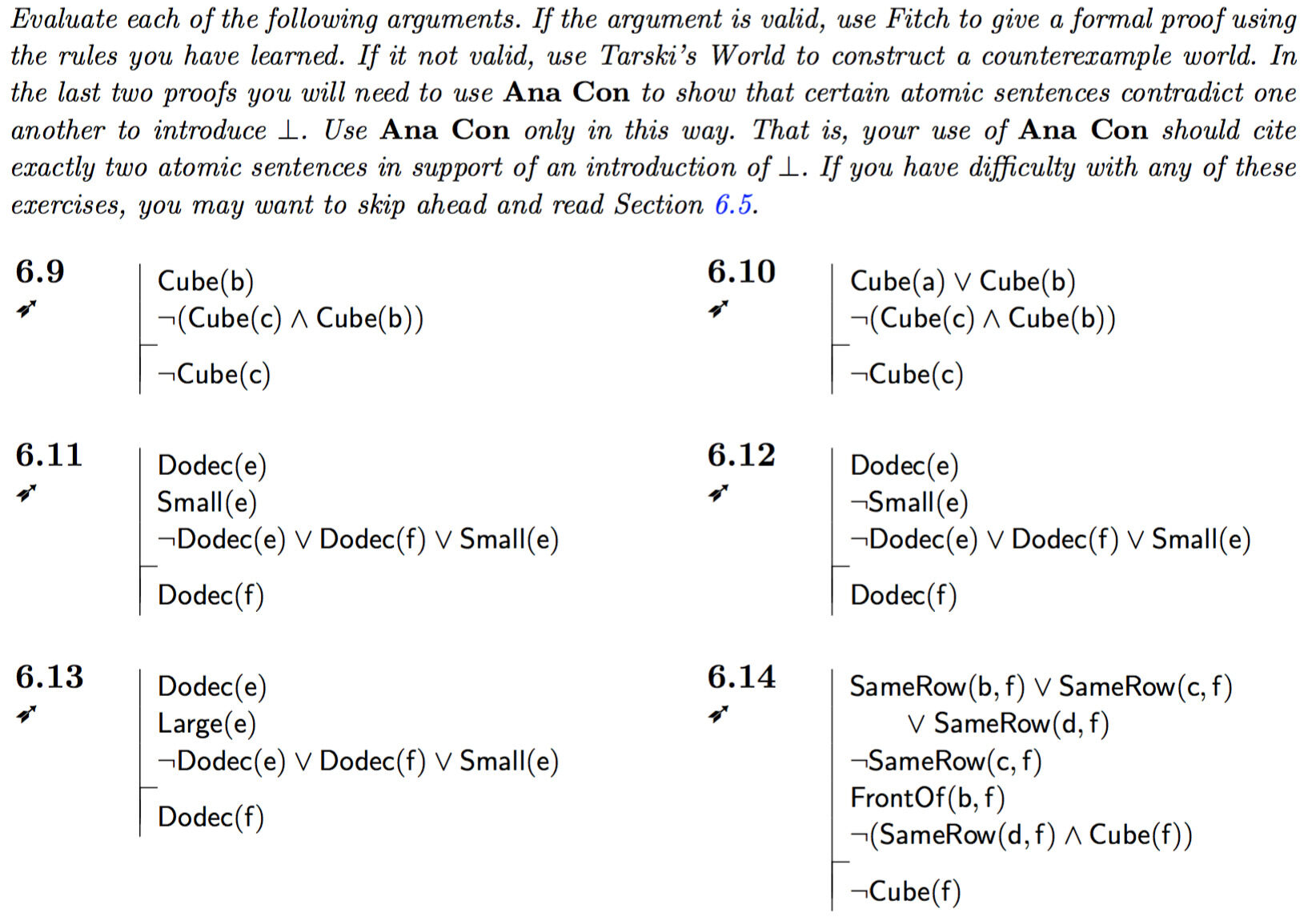
Formal logic might sound intimidating, but it's actually a fascinating subject that helps us understand how arguments work. Formal logic is all about using rules and symbols to figure out if statements are true or false. It’s like a puzzle where you use clues to find the answer. Did you know that formal logic has been around since ancient Greece? Philosophers like Aristotle laid the groundwork for what we study today. Whether you’re into math, computer science, or just love solving problems, learning about formal logic can sharpen your thinking skills. Ready to dive into some cool facts about formal logic? Let’s get started!
What is Formal Logic?
Formal logic is a branch of logic that deals with the structure of arguments and the principles that lead to valid conclusions. It uses symbols and formulas to represent logical statements and their relationships. Here are some fascinating facts about formal logic:
-
Ancient Roots: Formal logic dates back to ancient Greece, where philosophers like Aristotle laid its foundations.
-
Symbolic Language: It uses a symbolic language to express logical statements, making complex arguments easier to analyze.
-
Boolean Algebra: Named after George Boole, Boolean algebra is a key component of formal logic, used extensively in computer science.
-
Deductive Reasoning: Formal logic primarily focuses on deductive reasoning, where conclusions are logically derived from premises.
-
Propositional Logic: This is a branch of formal logic that deals with propositions and their connectives, like "and," "or," and "not."
-
Predicate Logic: Extending propositional logic, predicate logic includes quantifiers like "all" and "some," allowing for more complex statements.
-
Logical Connectives: Symbols like ∧ (and), ∨ (or), and ¬ (not) are used to connect propositions in formal logic.
-
Truth Tables: These tables are used to determine the truth value of logical expressions based on the truth values of their components.
-
Inference Rules: Formal logic includes rules like Modus Ponens and Modus Tollens, which help derive conclusions from premises.
-
Soundness: A logical system is sound if all the conclusions derived from its rules are true in its interpretation.
-
Completeness: A system is complete if all statements that are true in its interpretation can be derived using its rules.
-
Consistency: A consistent logical system does not derive contradictory conclusions.
-
Gödel's Incompleteness Theorems: Kurt Gödel proved that in any sufficiently powerful logical system, there are true statements that cannot be proven within the system.
-
Automated Theorem Proving: Formal logic is used in computer programs that automatically prove mathematical theorems.
-
Formal Proofs: These are step-by-step demonstrations that a conclusion follows logically from premises, using formal rules.
Applications of Formal Logic
Formal logic isn't just an academic exercise; it has practical applications in various fields. Let's explore some of these applications:
-
Computer Science: Formal logic is fundamental in designing algorithms and programming languages.
-
Artificial Intelligence: AI systems use formal logic to make decisions and solve problems.
-
Mathematics: Mathematicians use formal logic to prove theorems and solve complex problems.
-
Linguistics: Formal logic helps in understanding the structure of languages and constructing grammars.
-
Philosophy: Philosophers use formal logic to analyze arguments and clarify concepts.
-
Law: Legal reasoning often employs formal logic to construct and analyze arguments.
-
Cryptography: Formal logic is used in designing secure communication systems.
-
Robotics: Robots use formal logic to interpret sensor data and make decisions.
-
Game Theory: This field uses formal logic to analyze strategies and outcomes in competitive situations.
-
Economics: Economists use formal logic to model and predict economic behavior.
Interesting Facts About Formal Logic
Formal logic has some intriguing aspects that might surprise you. Here are a few:
-
Paradoxes: Formal logic can lead to paradoxes, like the famous "liar paradox," which challenges our understanding of truth.
-
Non-Classical Logics: There are many types of non-classical logics, like fuzzy logic and modal logic, which extend or modify classical logic.
-
Logic Puzzles: Many puzzles and games, like Sudoku and logic grid puzzles, are based on principles of formal logic.
-
Quantum Logic: This is a type of logic used in quantum mechanics, where traditional logical rules don't always apply.
-
Intuitionistic Logic: This type of logic rejects the law of the excluded middle, which states that every proposition is either true or false.
-
Temporal Logic: Used in computer science, temporal logic deals with statements that change over time.
-
Ethics and Logic: Some ethical theories use formal logic to derive moral principles and judgments.
The Final Piece
Formal logic isn't just for philosophers or mathematicians. It's a tool that helps us think clearly, solve problems, and understand the world better. From ancient Greece to modern computer science, formal logic has shaped how we reason and make decisions. Whether you're analyzing arguments, programming software, or just trying to win a debate, understanding formal logic can give you an edge.
Remember, it's not about memorizing rules but about developing a mindset that values clarity and precision. So next time you're faced with a tricky problem or a complex argument, think like a logician. Break it down, look for patterns, and apply the principles of formal logic. You'll be surprised at how much easier things become. Keep exploring, questioning, and reasoning. Formal logic is your secret weapon in navigating life's challenges.
Was this page helpful?
Our commitment to delivering trustworthy and engaging content is at the heart of what we do. Each fact on our site is contributed by real users like you, bringing a wealth of diverse insights and information. To ensure the highest standards of accuracy and reliability, our dedicated editors meticulously review each submission. This process guarantees that the facts we share are not only fascinating but also credible. Trust in our commitment to quality and authenticity as you explore and learn with us.
